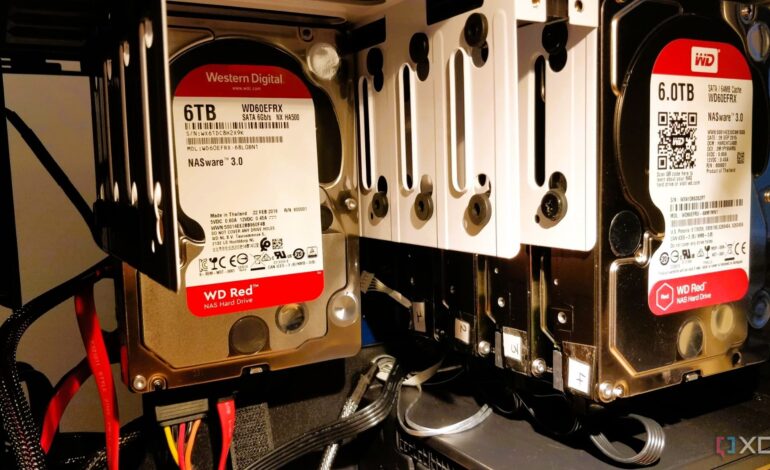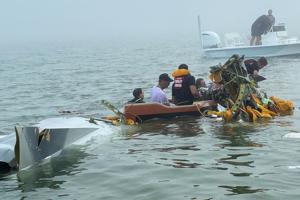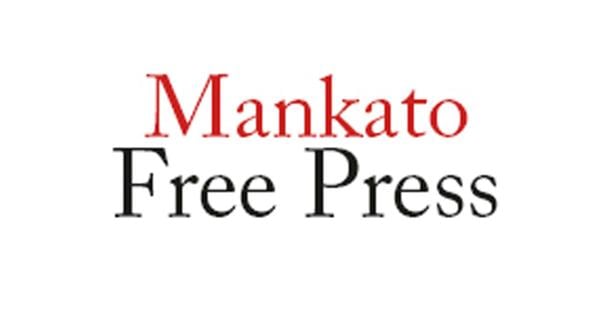Seagate Seizes 700 Counterfeit Hard Drives in Malaysia Crackdown

Counterfeit hard drives are increasingly infiltrating the market, posing significant risks to consumers. Recently, Seagate announced the seizure of approximately 700 counterfeit hard drives in Malaysia, highlighting a troubling trend linked to the sale of drives purportedly used for Chia cryptocurrency mining. These counterfeit products are often misrepresented as high-capacity surveillance drives, complicating the purchasing landscape for consumers.
Understanding the Risks of Counterfeit Drives
Counterfeiters are employing sophisticated techniques to sell used desktop drives from reputable brands like Seagate, Western Digital (WD), and Toshiba as new, high-capacity products. As counterfeit drives permeate various sales channels, consumers need to be vigilant to avoid falling victim to scams.
One of the simplest ways to protect against counterfeit hard drives is to steer clear of deals that appear too good to be true. For instance, if a 20TB Seagate IronWolf drive is priced around $350 on reputable platforms like Amazon, a listing for $200 on a lesser-known marketplace raises red flags. This was precisely the scenario seen with the counterfeit drives seized in Malaysia, where platforms such as Lazada and Shopee facilitated the sale of used drives disguised as new.
While it is wise to purchase from authorized sellers and reliable websites, this approach does not guarantee complete protection, as even trusted partners have inadvertently sold counterfeit products. Nonetheless, sticking to reputable sources can help reduce the likelihood of being scammed.
How to Identify Counterfeit Hard Drives
Once a consumer receives a hard drive, it is crucial to inspect the packaging for any signs of tampering. Look for the manufacturer’s sticker and verify the serial number on the manufacturer’s website. Additionally, check the manufacturing date on the box; if it is over six months older than the purchase date, it could indicate a counterfeit drive. Genuine new hard drives typically reach consumers only a few months after production.
Another method for detecting counterfeit drives involves examining S.M.A.R.T. data and Seagate’s proprietary FARM logs. Consumers can use SeaTools to access FARM logs and compare them with S.M.A.R.T. data. A significant discrepancy between these logs may indicate that the drive is counterfeit. However, counterfeiters have also begun tampering with FARM logs, complicating this identification method further.
To further safeguard against purchasing deceitful products, consumers can utilize ValiDrive, a tool that performs spot checks on drives by writing and reading random data sectors. This method can reveal discrepancies in capacity, as counterfeiters often pass off smaller drives as larger models. For example, ValiDrive can effectively identify a 4TB drive incorrectly labeled as an 18TB drive by checking data across the advertised capacity.
The prevalence of counterfeit hard drives underscores an urgent need for consumer awareness. While manufacturers like Seagate are actively developing more tools to help consumers identify fake products, caution remains essential. By being diligent about purchasing from trusted sellers, avoiding suspicious listings, inspecting packaging, and verifying drive parameters, consumers can better protect themselves from the counterfeit hard drive epidemic.






